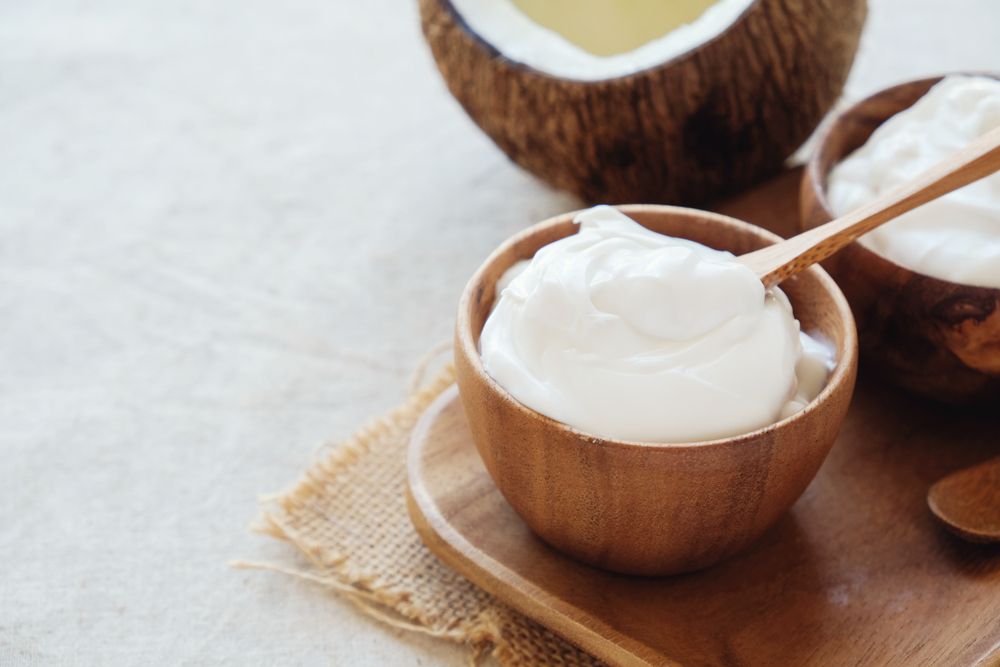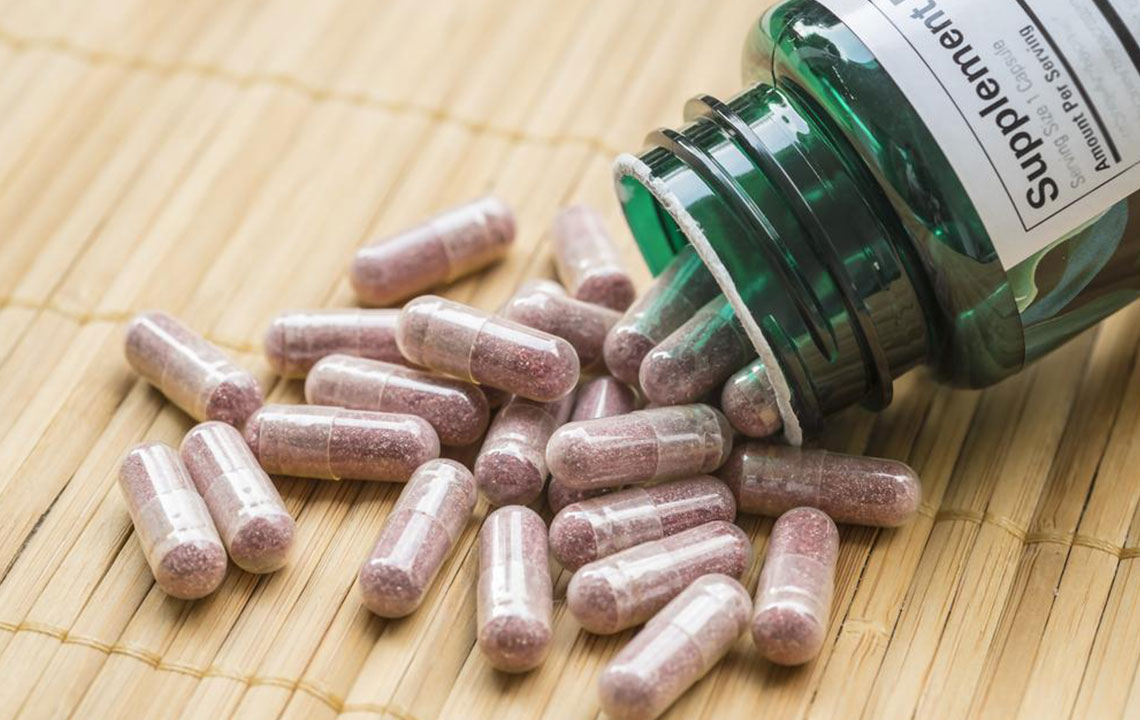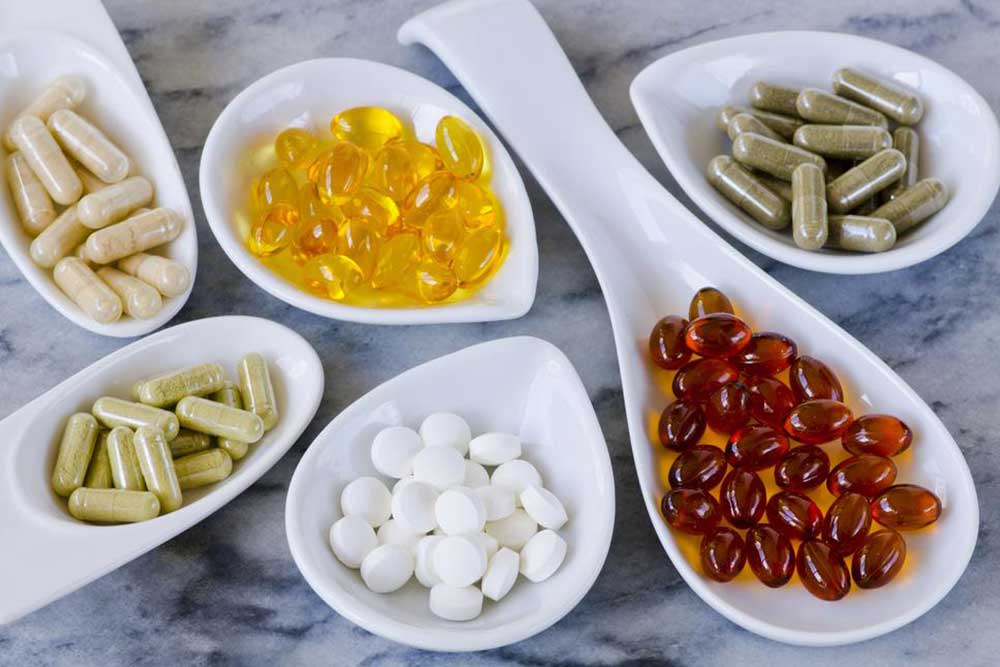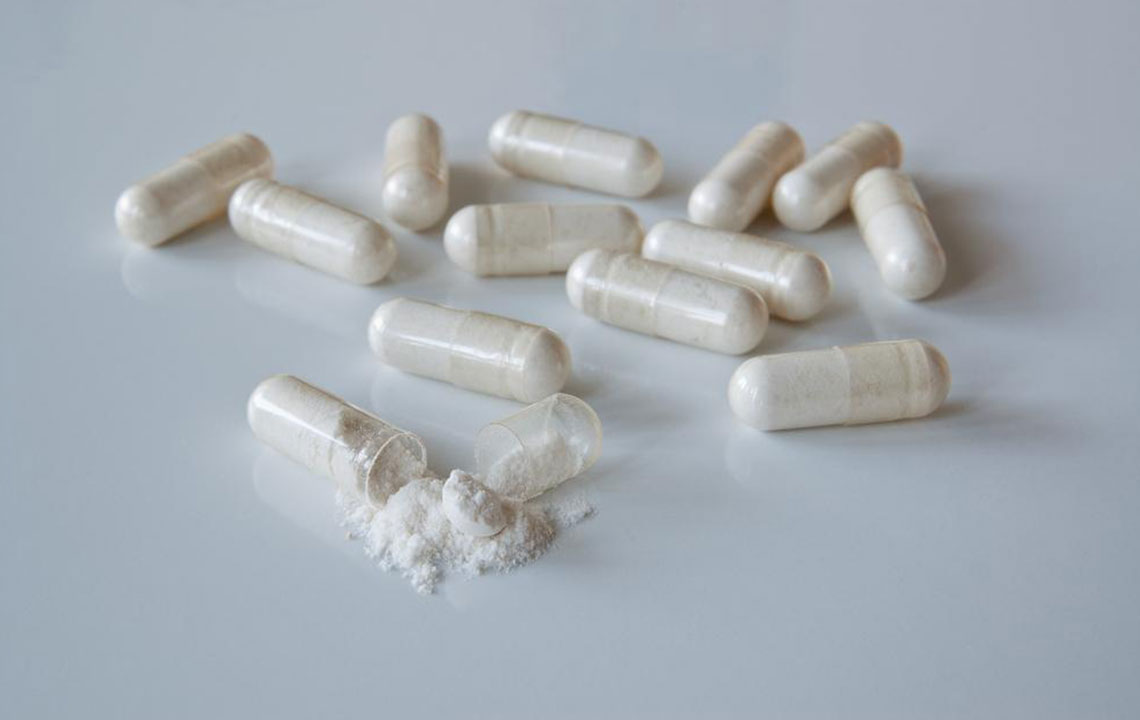Comprehensive Guide on the 8 Most Important Benefits of Probiotics for Your Health and Wellbeing
Discover the comprehensive benefits of probiotics, including digestive support, immune enhancement, weight management, skin health, and cardiovascular benefits. Learn how incorporating probiotic-rich foods and supplements can improve your overall wellbeing and health over time.

Unlocking the 8 Key Benefits of Probiotics for a Healthier Life
Probiotics are live beneficial bacteria that naturally inhabit our digestive system and other parts of our body. Over the past few decades, scientific research has significantly advanced our understanding of these microorganisms, highlighting their vital role in maintaining overall health, boosting the immune system, and supporting metabolic functions. The recognition of probiotics as a cornerstone of preventive health has led to a surge in their popularity among health enthusiasts, medical professionals, and those seeking natural ways to enhance wellness.
Probiotics encompass a variety of strains including Lactobacillus acidophilus, Bifidobacterium bifidum, and others, each contributing uniquely to various aspects of health. You can naturally incorporate these beneficial bacteria into your diet through fermented foods such as yogurt, kimchi, sauerkraut, kefir, and raw cheese. Additionally, probiotic supplements are widely available in health stores and pharmacies, offering convenient options for targeted health needs. However, it is essential to consult healthcare professionals before starting any supplement regimen, especially if you have underlying health conditions or are pregnant.
Enhanced Digestive Health – One of the primary benefits of probiotics is their ability to restore and maintain a healthy balance of gut flora. They help replenish beneficial bacteria that may be depleted due to illness, stress, or antibiotic use. This balance reduces occurrences of diarrhea, irritable bowel syndrome (IBS), and indigestion. Probiotics promote better digestion by aiding nutrient absorption and reducing inflammation in the gastrointestinal tract, thus alleviating discomfort and bloating.
Support in Weight Management – Emerging research suggests certain probiotic strains influence metabolism and fat storage. These bacteria can inhibit the absorption of dietary fat by the gut, helping in weight loss efforts and maintaining healthy body weight when combined with a balanced diet and regular exercise. They may also influence appetite regulation, reducing cravings and overeating.
Immune System Enhancement – Regular probiotic intake is associated with a stronger immune response. These bacteria stimulate the production of immune cells such as T lymphocytes and macrophages, helping the body fend off infections more effectively. Probiotics also bolster the gut barrier function, preventing harmful pathogens from entering the bloodstream and reducing the incidence and severity of common illnesses like colds and flu.
Reduction in Skin Allergies and Conditions – Probiotics can positively influence skin health by modulating immune responses and reducing inflammation. They are especially beneficial in managing skin conditions like eczema, psoriasis, and even allergic reactions. During pregnancy, guided probiotic use might also decrease the risk of neonatal eczema, providing a protective effect on newborn skin development.
Vaginal Flora Balance and Reproductive Health – Maintaining a healthy vaginal microbiome is crucial in preventing infections such as bacterial vaginosis and yeast infections. Probiotics help restore and sustain optimal levels of Lactobacillus species in the vagina, which produce lactic acid, maintaining an acidic environment unfavorable to pathogens. Pregnant women particularly benefit from probiotic support to reduce the risk of infections that could affect pregnancy outcomes.
Mental Health and Mood Regulation – An increasing body of research indicates a strong gut-brain axis that links gut bacteria to mental health. Probiotics exert anti-inflammatory effects and influence neurotransmitter production, which can diminish feelings of stress, anxiety, and depression. Incorporating probiotics might improve mood and cognitive function, promoting overall mental wellbeing.
Oral Hygiene and Dental Health – Beneficial bacteria in the mouth play a critical role in preventing cavities, gum disease, and bad breath. Probiotics designed for oral use can help reduce pathogenic bacteria in the mouth, promoting fresher breath, healthier gums, and reduced dental plaque formation, contributing to comprehensive oral health.
Cardiovascular Benefits: Blood Pressure and Cholesterol – Certain probiotic strains have shown promise in supporting heart health by assisting in the regulation of blood pressure and beneficial lipid levels. They help reduce LDL cholesterol and total cholesterol while increasing HDL cholesterol, thus supporting a healthy cardiovascular system and reducing the risk of heart diseases.
Incorporating probiotics into your daily routine can lead to these significant health improvements within weeks or months. The key to maximizing benefits lies in choosing the right strains suited to your specific health needs. For personalized guidance, always consult healthcare providers to identify the most appropriate probiotics and dietary plans tailored to your health profile.





